Momentous years in World Economic Forum's half-century history
Sign up now: Get ST's newsletters delivered to your inbox
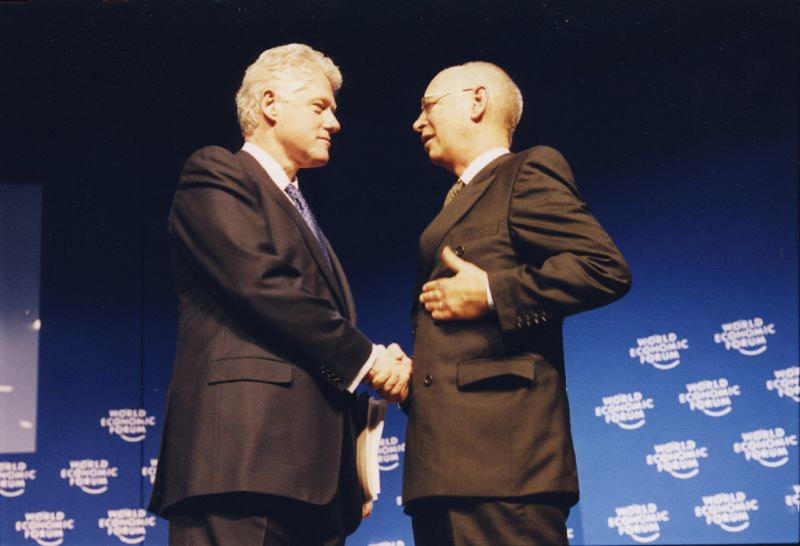
Then US President Bill Clinton and World Economic Forum founder Klaus Schwab in Davos, Switzerland, in 2000.
PHOTO: WORLD ECONOMIC FORUM
Dominique Nelson
Follow topic:
SINGAPORE - Influential leaders from around the world will join over 3,000 participants from 117 countries at the 50th annual meeting of the World Economic Forum (WEF) starting Tuesday (Jan 21).
The list includes United States President Donald Trump, China Vice-Premier Han Zheng, German Chancellor Angela Merkel, Singapore Prime Minister Lee Hsien Loong and Finland's Prime Minister Sanna Marin, among others.
Commonly referred to as "Davos" - a nod to the meeting's yearly venue in the picturesque town of Davos, Switzerland - the forum will host seminars, workshops and engagement opportunities on the theme "Stakeholders for a Cohesive and Sustainable World", where the focus will be on renewing the concept of stakeholder capitalism to overcome income inequality, societal division and the climate crisis.
Started in 1971 by Professor Klaus Schwab, the forum has grown to become one of the most significant global meets of political and business leaders, policymakers and influencers.
Key figures who have attended the forum's famed annual meetings include anti-apartheid hero Nelson Mandela, Singapore's founding Prime Minister Lee Kuan Yew and tech titan Jack Ma.
Here is a look at a few momentous dates throughout its half-century history that marked turning points for the non-profit organisation, as well as for Asia's role in its meetings.
1971: Year One
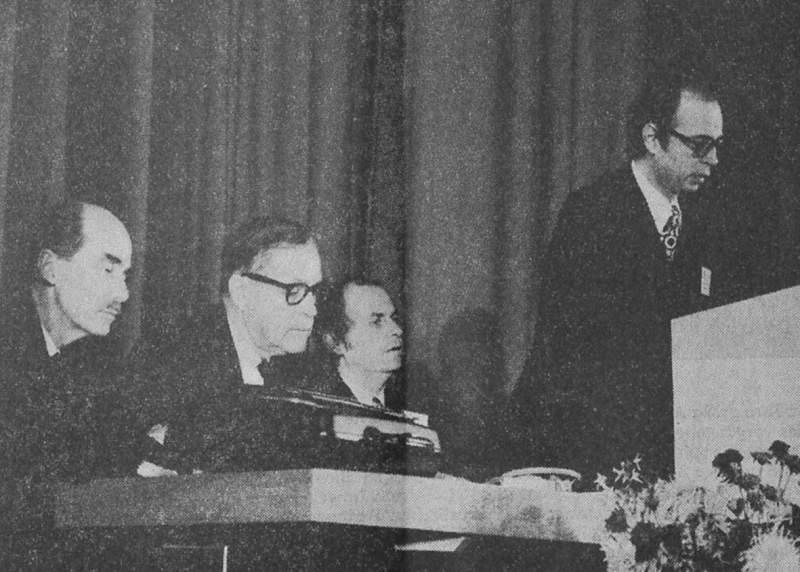
Recognising the value of bringing together business leaders to address critical challenges faced by enterprises, Prof Schwab, a German engineer and economist, organised the inaugural European Management Symposium in Davos.
The symposium was a success, yielding a profit of 25,000 Swiss francs, with participants enthusiastically calling for the event to be held again the following year.
That first symposium set the standard for all forums to employ the latest information and communications technology in every meeting since.
1975: Going Global
In its fifth year, the symposium was also referred to as the European Management Forum, and had increased its attendance to 860 participants, including large European companies such as Unilever and Philips.
By that time, the forum had grown to become a well-known platform for business leaders and other stakeholders to form partnerships and collaborate.
That year, the forum also entered into its official cooperative arrangement with the United Nations Industrial Development Organisation to accelerate industrial development in economies in transition.
1979: Opening the door to China
For the first time, a delegation from the People's Republic of China participated in the Davos Symposium.
In alignment with efforts to gradually move China away from orthodox communist doctrines, then paramount leader Deng Xiaoping sent eminent Chinese economists to the meeting.
This was the beginning of a long and close relationship between China and the WEF, which has seen official Chinese participation every year since.
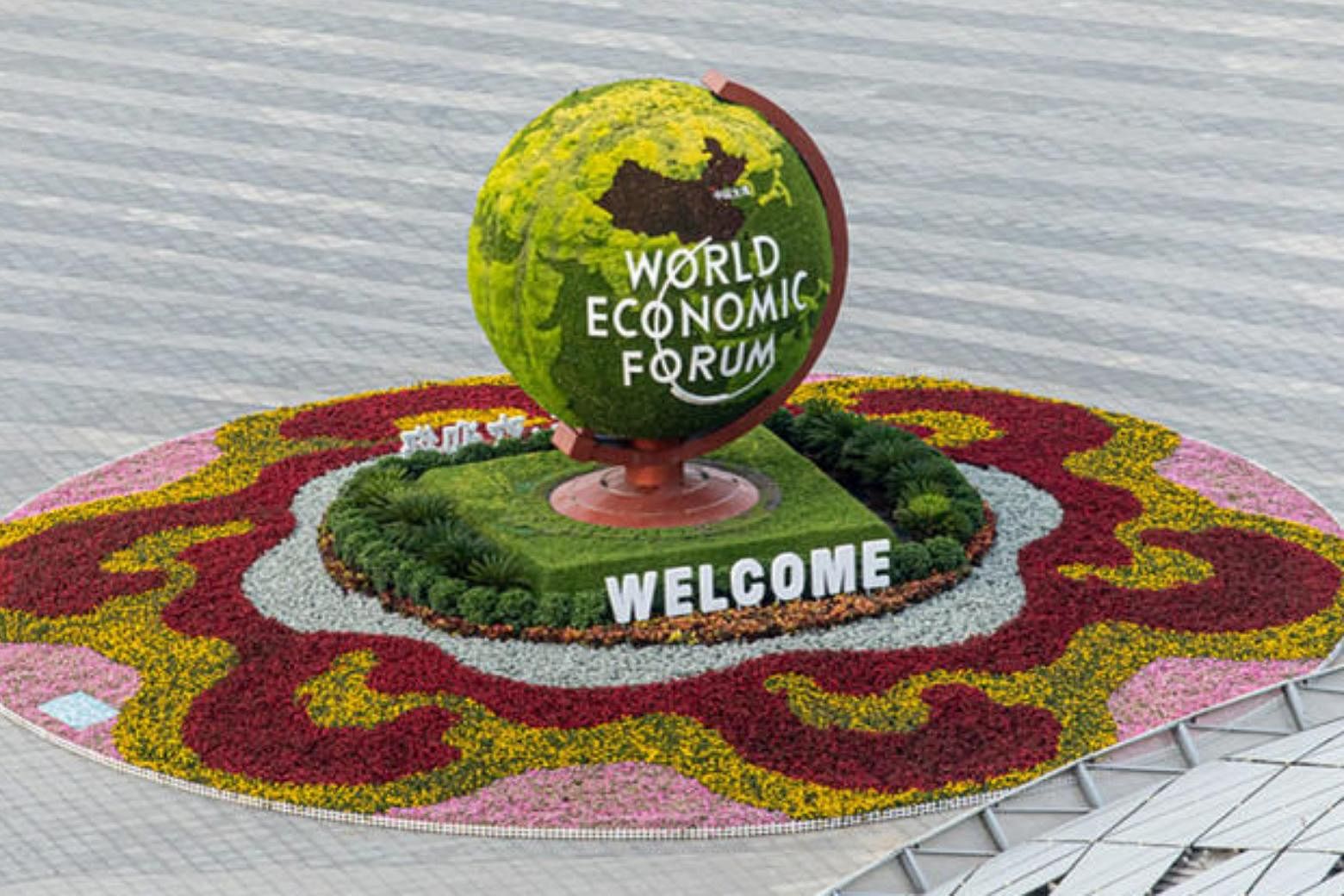
1984: Invitation to India
As India in the early 1980s was moving to expand private enterprises, previous general secretary of the ruling Congress Party Rajiv Gandhi was invited to the European Management Forum.
Delivering the opening address at Davos, he would succeed his mother, Mrs Indira Gandhi a mere three months later after her assassination.
Less than a year later, the forum hosted the first India Economic Summit in New Delhi in cooperation with the Confederation of Indian Industry (CII).
1990: A new World Economic Forum
After changing its name from the European Management Forum to the World Economic Forum in 1987, leaders were all abuzz in 1990 with discussions of the reunification of a New Europe as well as developments in Asia after the Berlin Wall was torn down in 1989.
The meeting saw a historic encounter between Mr Lee Kuan Yew, who would step down as Singapore's leader that November, and former Vietnamese Prime Minister Vo Van Kiet, who served from 1991 to 1997.
Just two years later, Vietnam signed the Asean Treaty of Amity and Cooperation, a move that would lead the country to become a member of Asean in 1995.
The meeting also marked the start of close ties between both countries and in 1996, the first Vietnam-Singapore Industrial Park (VSIP) was born out of 1994 discussions between held Mr Lee and Mr Vo.
There are now seven VSIPs across Vietnam and they have drawn US$9 billion ($12.3 billion) in investments from more than 630 multinational companies.
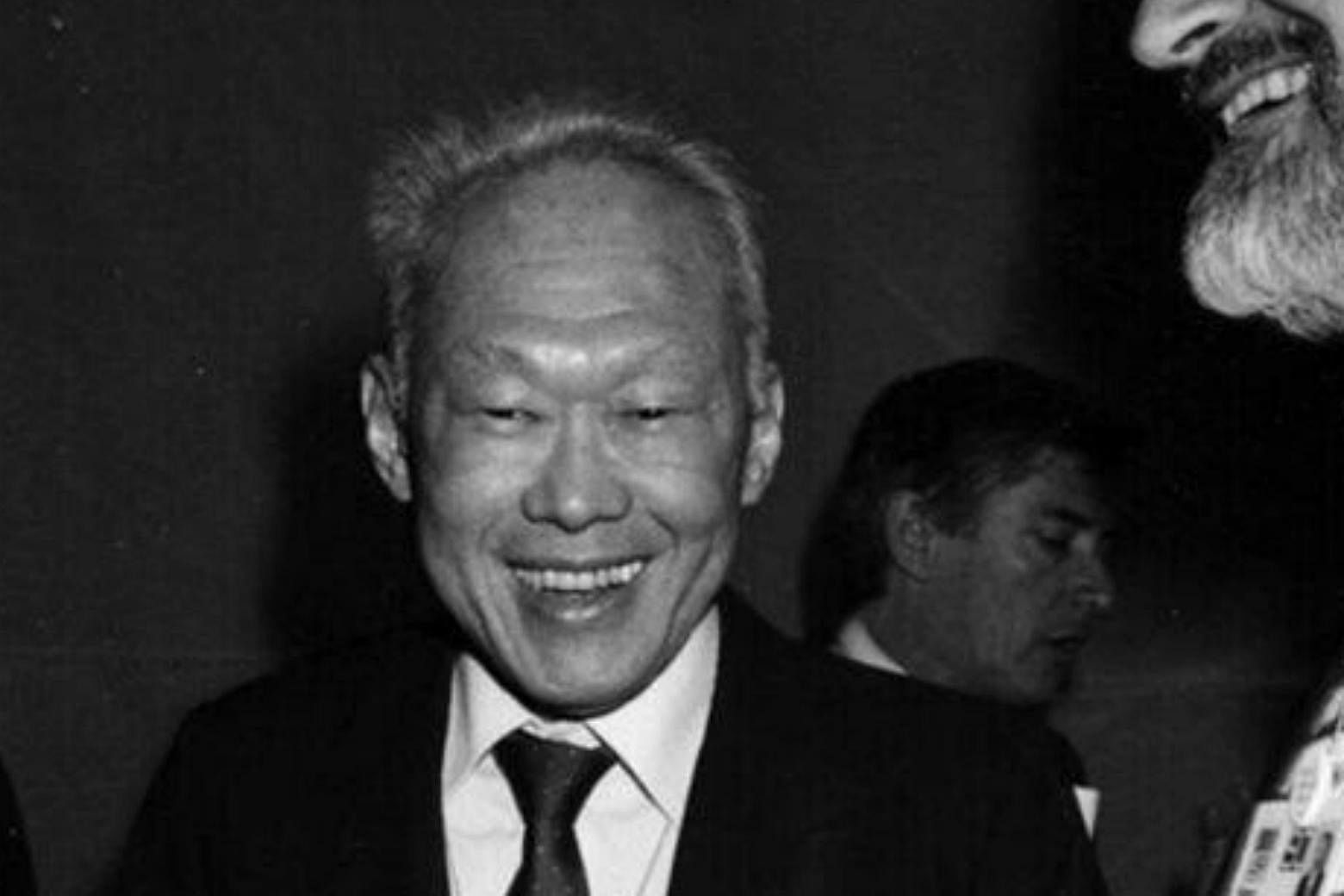
1996: Globalisation Backlash
Discussions around the impact of globalisation and the possibility of a global financial crisis racked talks at the 1996 annual meeting.
This was after Prof Schwab and Mr Claude Smadja, the forum's managing director, released an essay before the meeting predicting a backlash against economic globalisation.
Fiction became fact when anti-globalisation protests disrupted the World Trade Organisation Ministerial Conference at the end of 1999.
On the political front, the meeting was also a platform for Russian oligarchs (business elite) to form the Davos Pact; an agreement to ensure that then President Boris Yeltsin would win his re-election campaign.
The plan succeeded and Mr Yeltsin was re-elected by a wide margin after having had his campaign financed by the oligarchs.
2000: WEF's 30th Anniversary
The 30th annual meeting at the start of a new millennium saw, for the first time, a sitting American president in attendance.
Alongside then British Prime Minister Tony Blair, US President Bill Clinton joined in discussions at the forum.
Mr Clinton also joked that there was "no one home in Washington to take care of things" as he brought with him a barrage of congressmen, five Cabinet officials and business leaders.
By that year, the forum had shifted from a convener of business and government leaders to a platform integrating all key stakeholders of global society.
An environmental sustainability index was also launched during the meeting which measured ecological responsibility in over 100 countries.

2005: Introducing the Stars
To draw public attention to major global issues, the forum experimented with inviting international celebrities who were known for their advocacy of specific global concerns such as poverty, Africa and AIDS.
In one instance, American actress Sharon Stone pledged US$10,000 for the fight against malaria, but she managed to raise US$1 million after 35 people stood up within 10 minutes of her pleas for contributions.
It was an impressive example of how quickly a Hollywood star could bring much-needed funds to an important cause.
The year also marked a turning point for the WEF as it showed that it had long since outgrown its origins as a strictly business event.
The smattering of cultural figures in recent years have included not only Nobel prize winners like Nadine Gordimer, but also film stars, including Richard Gere, Chris Tucker and popular musicians Bono and Lionel Richie.

2007: First "Summer Davos" in Asia
The Inaugural Annual Meeting of the New Champions, an event that focused on the role of the new generation, took place in Dalian, China, in September 2007.
The event brought together the global growth companies, the forum's new community of fast-growing businesses, along with technology pioneers and young global leaders.
More than 1,700 business, government and civil society leaders, representing 90 nations, participated.
At the meeting, 125 global growth companies, 40 per cent of which were Asian businesses, were welcomed as founding members of the community.
2009: The Year of Global Crisis
In light of a worsening financial crisis, 40 heads of state or government, the leaders of all major international organisations and over 100 ministers made the journey to Davos that year to discuss the unfolding turmoil in the global economy.
Three sponsoring governments, one of which was Singapore, took part in the Global Redesign Initiative as part of measures to reform global systems and revitalise the global economy.
That year was also the first time the forum held live Facebook polls, or "pulses" during its sessions. One of these pulses ran for 45 minutes and attracted 120,000 responses.
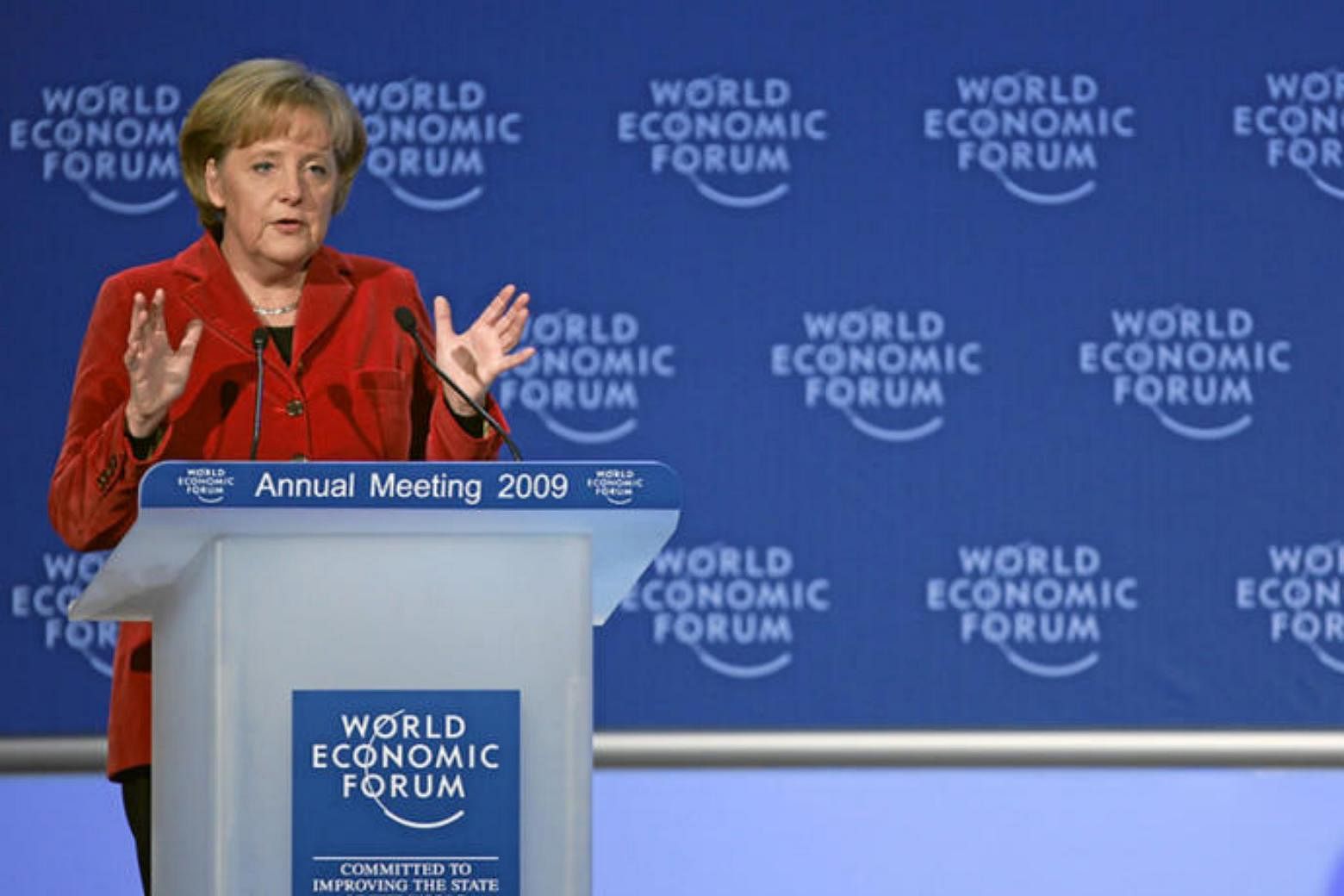
2016: The Fourth Industrial Revolution
To tie in with the release of Prof Schwab's revolutionary book - The Fourth Industrial Revolution - that was published just before the annual meeting, the theme of 2016's forum was titled "Mastering the Fourth Industrial Revolution".
In the same vein, regional meetings in Kuala Lumpur, Malaysia, New Delhi, Rwanda and Colombia focused on disruptions caused by rapid technological change.
The annual meeting at Davos also showcased virtual reality sessions as well as a new earth time-lapse, series which revealed patterns of transformation over the past three decades in areas such as coral reefs, urban sprawl, deforestation, retreat of glaciers and fires through time-lapse satellite imagery of earth.
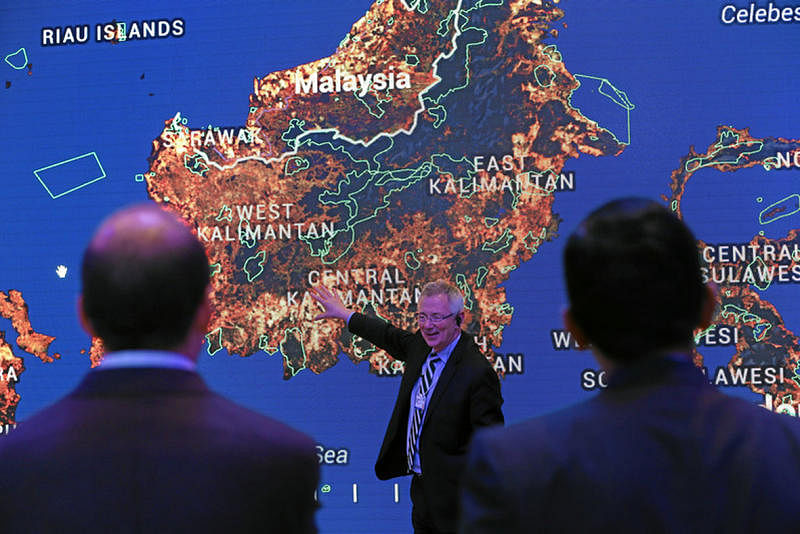
2020: The Mission Ahead
With the forum's 50th annual meeting under way this week, all eyes will be on certain attendees, including Mr Trump, who recently authorised an airstrike killing Iranian general Qassem Soleimani, and teenage climate activist Greta Thunberg.
This year, the forum will look to tracking progress towards the Paris Agreement and the sustainable development goals, as well as facilitate discussions on technology and trade governance.
Looking forward to the next 50 years, translateral integration is on the agenda for the forum, which strives to engage with efforts of other institutions.
Globalisation 4.0 - a higher level of globalisation that encompasses sustainable and inclusive growth - is another aspiration it hopes to achieve.
Source: World Economic Forum

